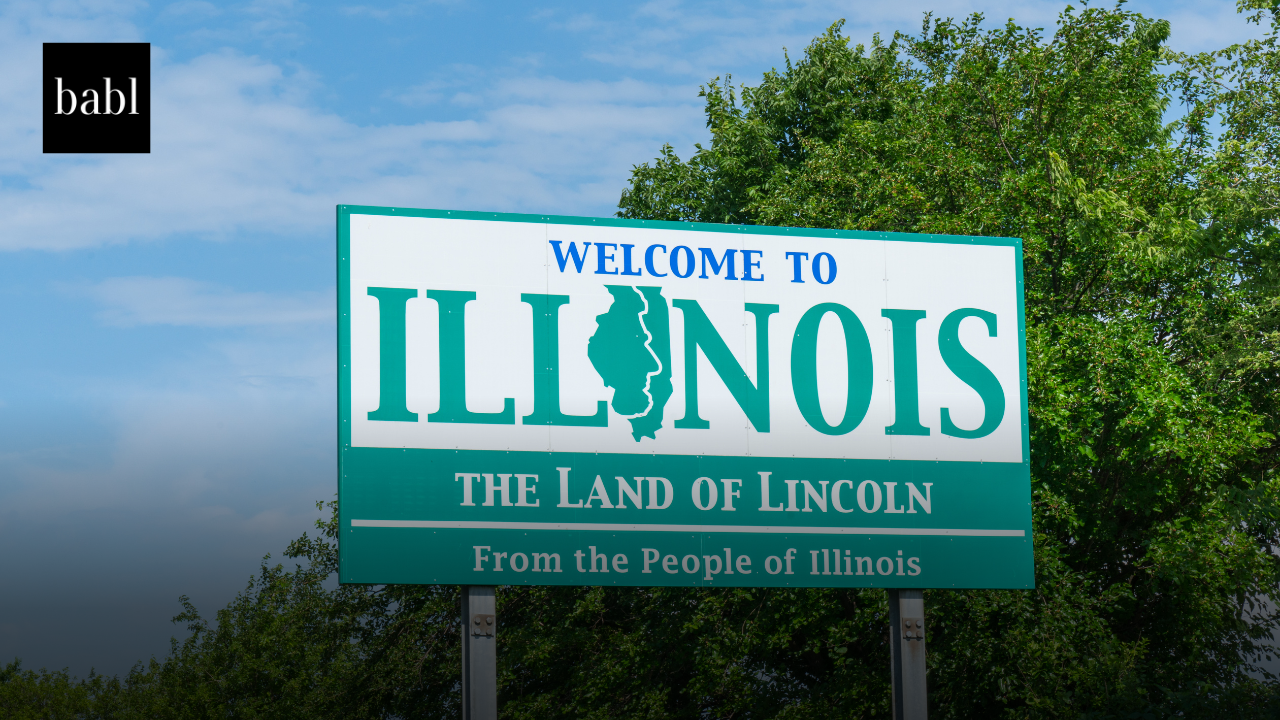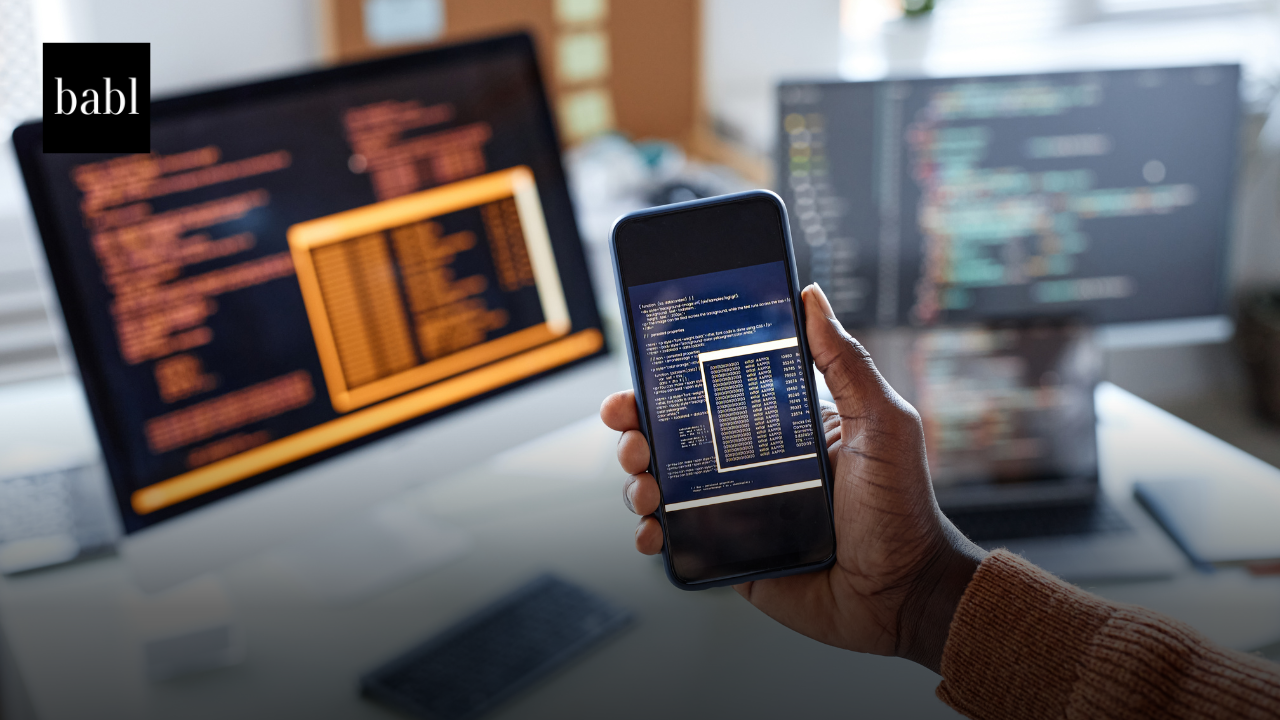The Illinois Supreme Court has introduced a policy on artificial intelligence (AI), effective January 1, 2025, to guide the judiciary in embracing AI advancements while maintaining the integrity and fairness of legal proceedings. The policy highlights the Court’s commitment to balancing innovation with its foundational principles of due process, equal protection, and access to justice.
AI technologies, including generative AI capable of producing human-like content, present opportunities for efficiency and improved access to justice. However, they also pose risks related to authenticity, accuracy, bias, and the potential erosion of trust in the judicial system. The Illinois Supreme Court’s policy addresses these dualities, ensuring that AI integration supports rather than undermines justice.
The policy permits the use of AI by litigants, attorneys, judges, clerks, and court staff, provided it complies with legal and ethical standards. Importantly, disclosure of AI use in court filings is not required. Instead, all users are expected to take full accountability for their work and thoroughly review AI-generated content to ensure its accuracy and adherence to legal norms.
Key elements of the policy include:
- Accountability: Attorneys, judges, and self-represented litigants remain fully accountable for AI-assisted work. Final submissions must meet all legal and ethical standards.
- Confidentiality: AI tools must safeguard sensitive information, including personal identifying information, protected health information, and data critical to justice and public safety.
- Education and Oversight: The judiciary will promote ongoing education on emerging technologies, ensuring all users understand both the general capabilities of AI and the specifics of the tools they employ.
The policy emphasizes that the Rules of Professional Conduct and the Code of Judicial Conduct apply to all AI-related activities. Judges are reminded of their ultimate responsibility for decisions, irrespective of technological assistance, reinforcing the principle that human oversight remains central to the judiciary’s function.
The Illinois Supreme Court encourages the development of AI tools that enhance service delivery and promote equitable access to justice. The Court pledges to reassess its policies regularly, adapting to the dynamic landscape of AI technology while prioritizing public trust.
Need Help?
If you have questions or concerns about any global guidelines, regulations and laws, don’t hesitate to reach out to BABL AI. Their Audit Experts can offer valuable insight, and ensure you’re informed and compliant.





